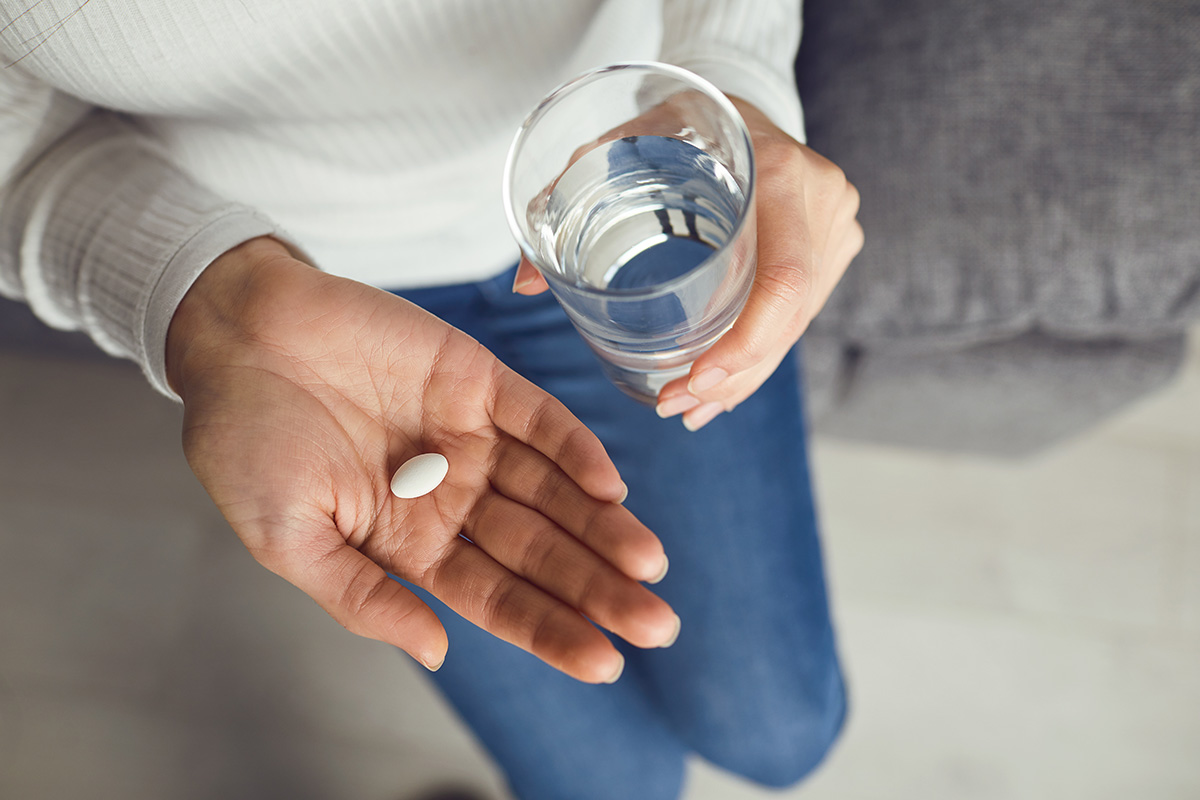If you are concerned that yourself or a loved one has a painkiller addiction, getting treatment early is important. Addiction can occur when someone begins using illicit opioids or starts with a prescription from a doctor. We’ll look at spotting addiction early in both instances.
What Is Painkiller Addiction?
Painkillers are typically prescription opioid medications. These include hydrocodone, oxycodone, and morphine. Painkiller abuse can also lead to using other illicit opioids, including heroin. While painkillers have legitimate medical uses, they are often diverted and sold on the street. Even if someone is legitimately prescribed painkillers, they can still become addicted.
Addiction to painkillers means the person has a physical and psychological dependence on opioids. Physical dependence means that you experience withdrawal symptoms if you stop using the drug. Physical dependence alone doesn’t indicate addiction because it can also occur in those taking prescription opioids as prescribed.
Psychological dependence includes cravings, obsessive thoughts about getting or using the drug, and using the drug to deal with emotional problems.
How Addiction to Painkillers Occurs
Addiction to opioids doesn’t occur overnight. Before addiction occurs, there’s a period of misuse. This misuse will eventually lead to addiction for many people.
Signs of opioid abuse include:
- Taking medication in a higher dose or more often than prescribed
- Taking opioids not prescribed to you
- Using opioids to cope with stress, anxiety, or depression
- Smoking, snorting, or injecting opioids designed to be taken by mouth.
Signs of Painkiller Addiction
If a loved one has a painkiller addiction, you will likely notice behavioral changes. These include withdrawing from relationships or activities, lying or becoming secretive, and changing eating and sleeping habits. You may notice that they are no longer eating and sleeping as much as they used to. They may appear depressed or lose interest in hobbies. Relationship problems are common in people who have an addiction.
Also, you may notice paraphernalia for misusing opioids. Snorting and injecting are the most common methods for abusing opioids. Items used include syringes and cut straws. You may also notice a white powdery residue on a hard surface where the drug was crushed.
There are also physical signs of a painkiller addiction. These include:
- Small pupils
- Unexplained weight loss
- Nodding, or difficulty staying awake.
- Itching or frequently rubbing the nose
- Needle marks from injecting opioids
What to Do if You Notice Signs of Addiction
When you notice signs of addiction, your first instinct is to confront the person. It is important to address your suspicion, but try to avoid aggressive confrontation. Your loved one needs love and support. Speak to them with love, and don’t try to force them to take immediate action.
Be prepared for them to deny their drug use. Denial is a part of addiction. Many people with a substance use disorder are in denial that they have a problem. They may lie or attempt to explain away your concerns. Remember that the person often believes what they are saying. It is part of the disease of addiction.
It’s also important to set healthy boundaries. This means not attempting to cover up your loved one’s addiction or shield them from negative consequences. It also means not enabling them by helping them obtain drugs.
To recover from addiction, you have to learn a new way of living. Addiction treatment can help your loved one learn to live clean and sober. An opioid addiction program can provide the resources they need to recover from addiction. Treatment can include medication-assisted treatment, addiction therapy, and addiction education.
Opioid Addiction Treatment at Midwest Recovery Center
If you or a loved one struggles with an addiction to opioids in Toledo, Ohio, contact us at Midwest Recovery Center. Our painkiller addiction recovery program will help you overcome your addiction and get your life back. Contact us today at [Direct], or contact us online to start your recovery.


























